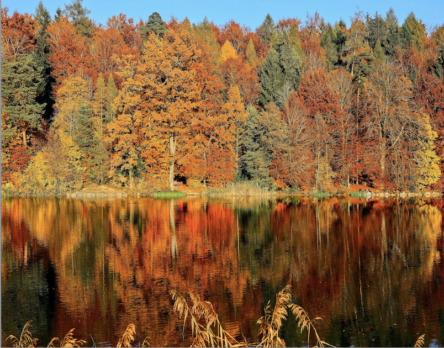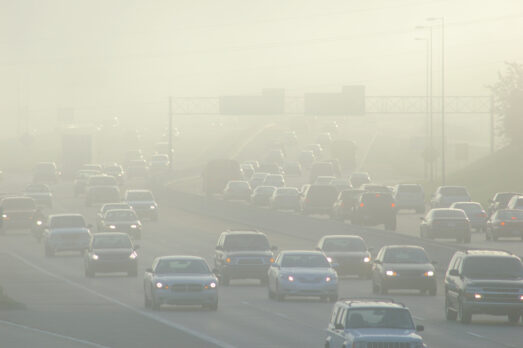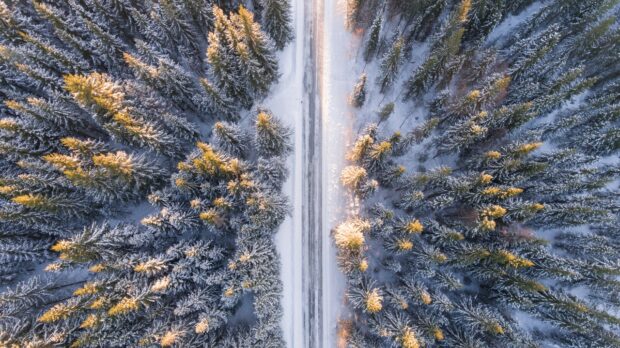
The brilliance of fall foliage is one of the delights of the changing seasons, and it now appears to be the latest casualty of climate change. Scientists have discovered that warmer weather is making the fall foliage start later, end sooner, and even change the palette.
Leaves change color when it gets colder because trees stop making chlorophyll which then reveals the brightly colored pigments in the leaves. But the warming climate is disturbing that annual transition. In the northern hemisphere, the last eight Octobers have been the warmest on record and the U.S. northeast is warming faster than other regions. Heat waves, drought and insect infestation also stress trees so they aren’t able to produce the same fall foliage as a healthy tree. Sometimes leaves don’t even change colors, they just turn brown and fall off.
This impact is much more than the inability to enjoy fall’s vibrant colors. This shift in leaf coloration can disrupt a tree’s annual cycle of growth, rest and overall health. And we all rely on the forests to fight climate change by absorbing carbon from the atmosphere.
We can all do our part to protect fall colors by taking steps to reduce our energy use. One simple task we all can do is wash our clothes in cold water. About 90% of the energy used for clothes washing machines goes towards heating the water. Washing 4 out of 5 loads of your laundry in cold water could cut out more than 860 pounds of CO2 emissions every year.
It can also save you money. On average, it costs 68 cents/load to wash in hot/warm water vs. 4 cents/load in cold water. It’s estimated you can save $150/year. Cold water is also gentler on your clothes which helps them to last longer by reducing fading and shrinking. And the fabrics won’t break down as much, potentially reducing the amount of microplastics getting into the environment.
And here’s even more good news: experts are giving you an excuse not to rake your lawn this year.

Annual global bottled water consumption is estimated to have reached 118 billion gallons in 2023. That’s equivalent to 1 million…

The world is driving towards a new era of electric transportation. This is good news for fighting the climate crisis,…

The past few summers have been breaking heat records but winters are actually warming faster than summers in most of…